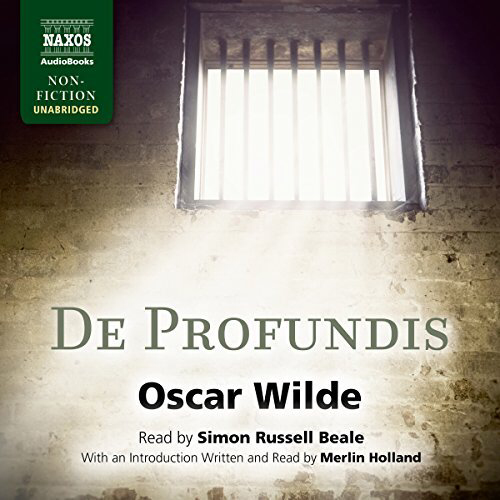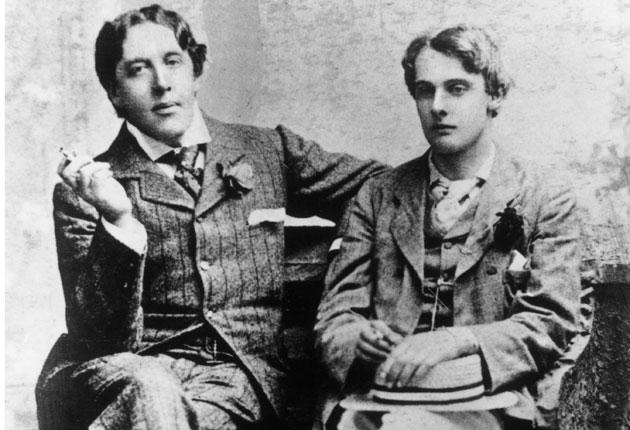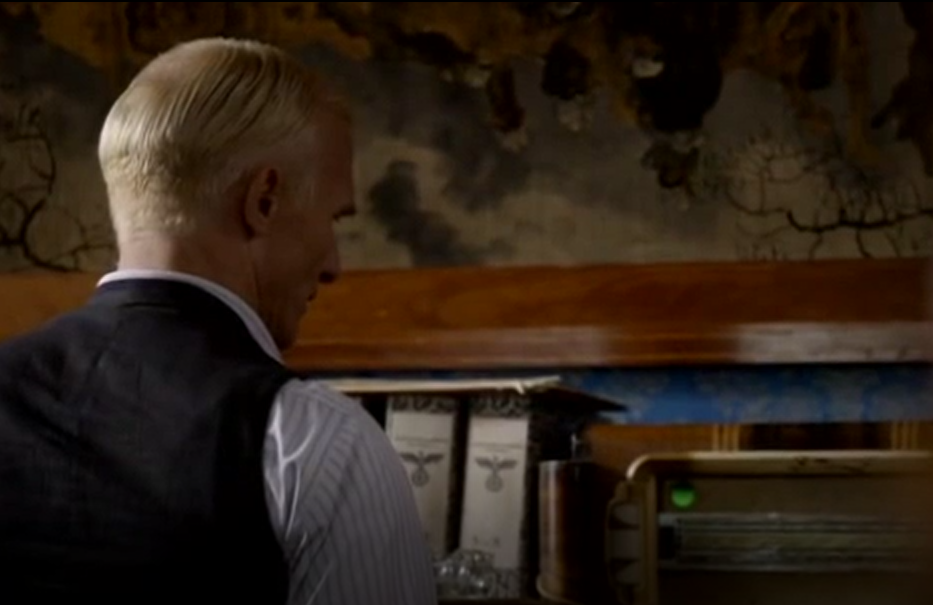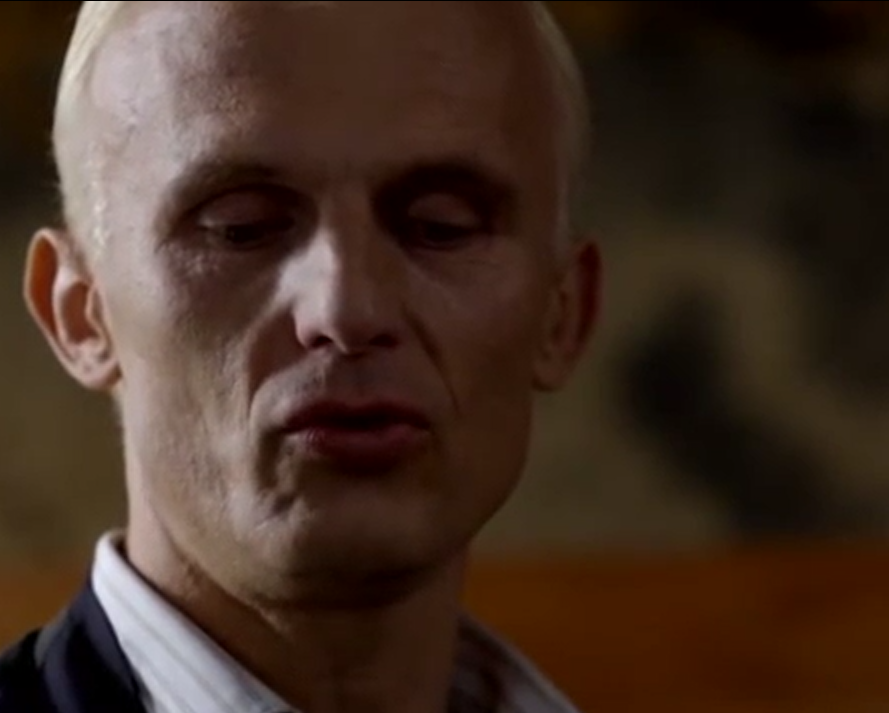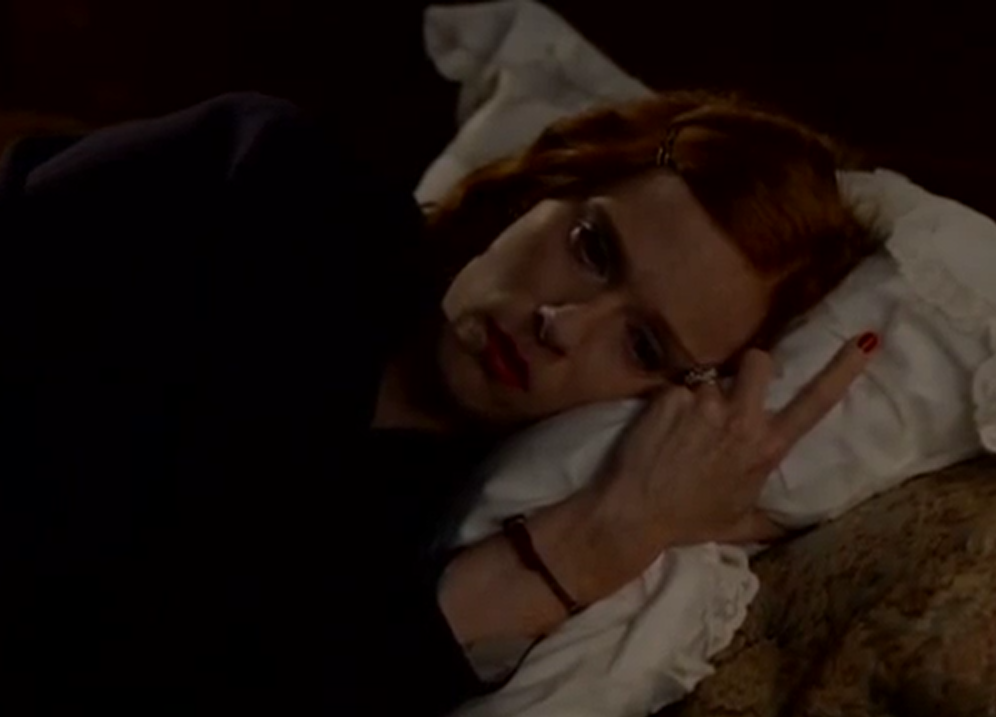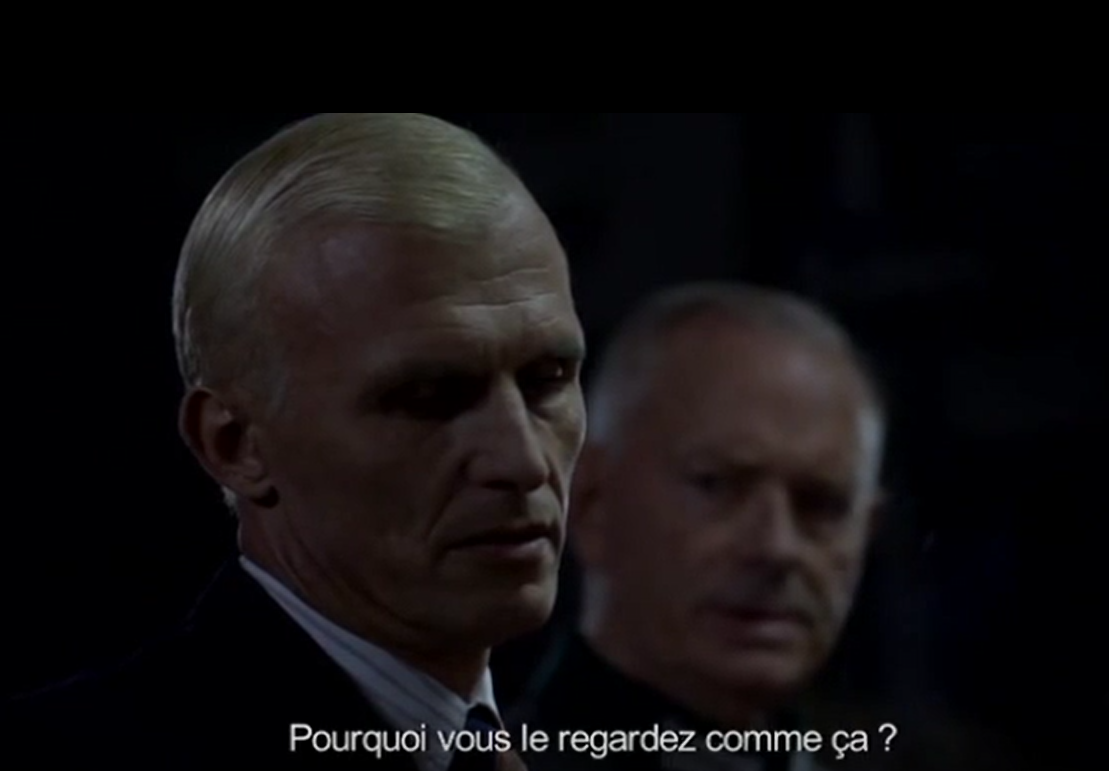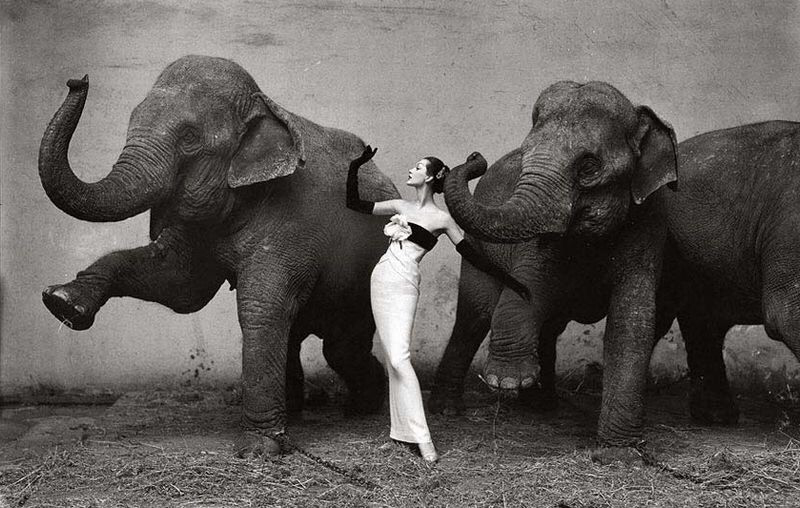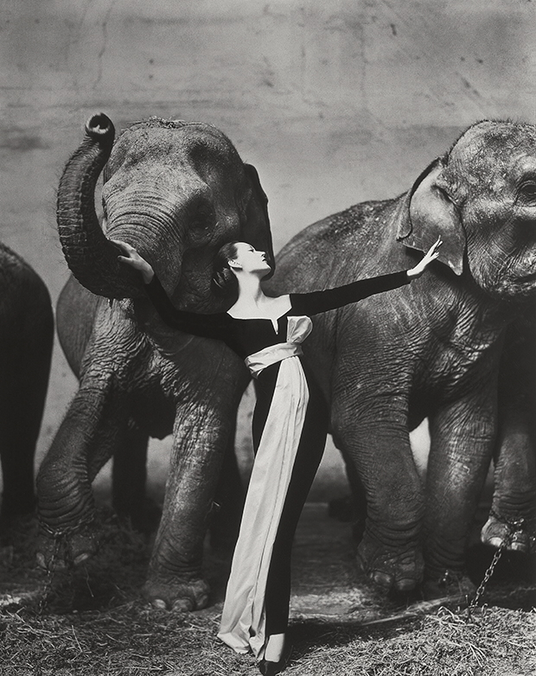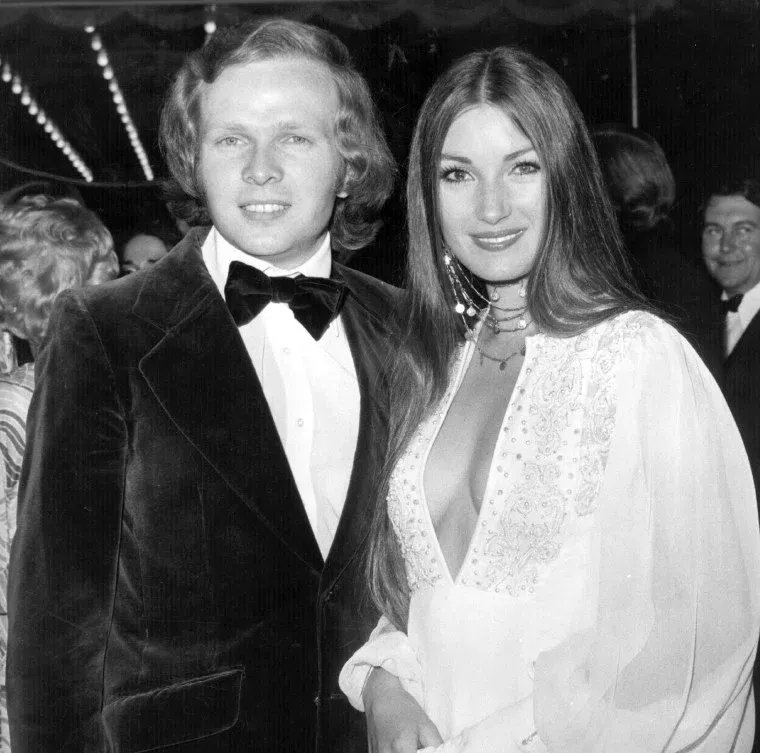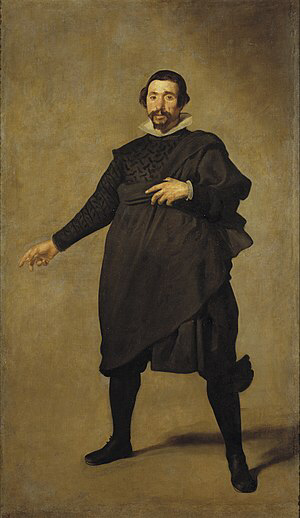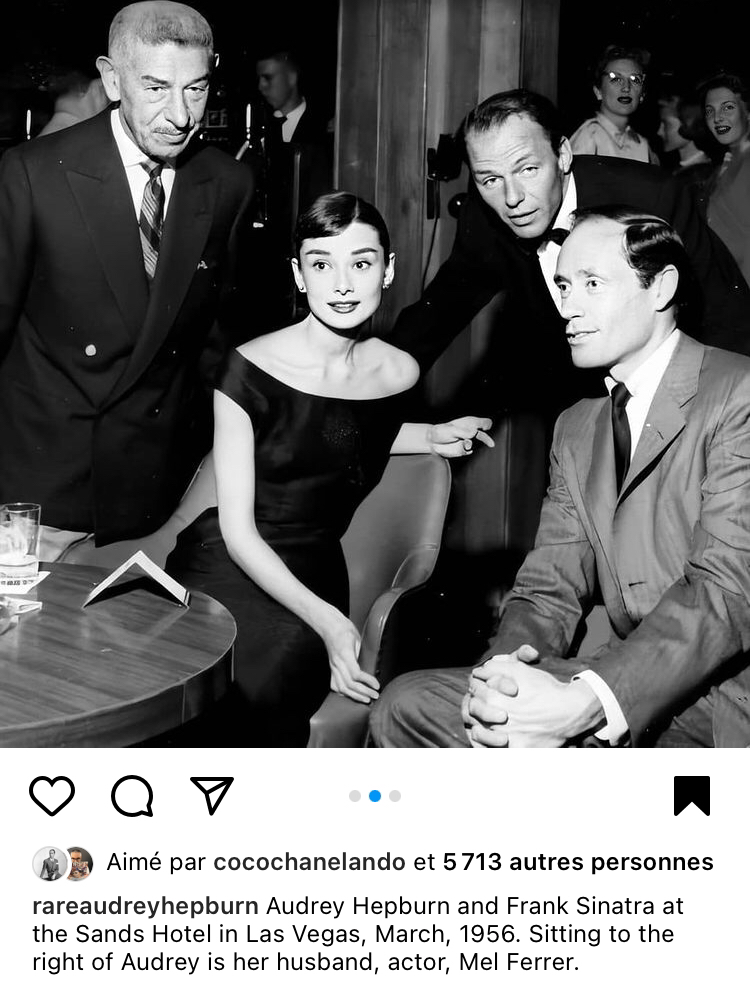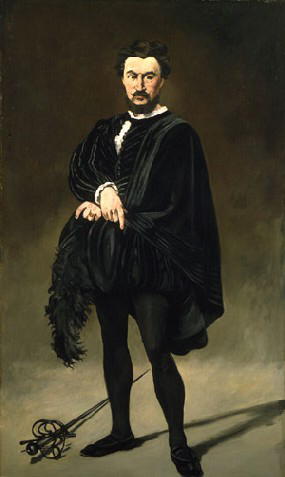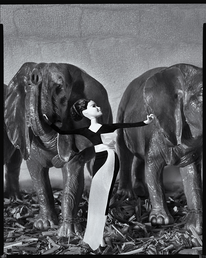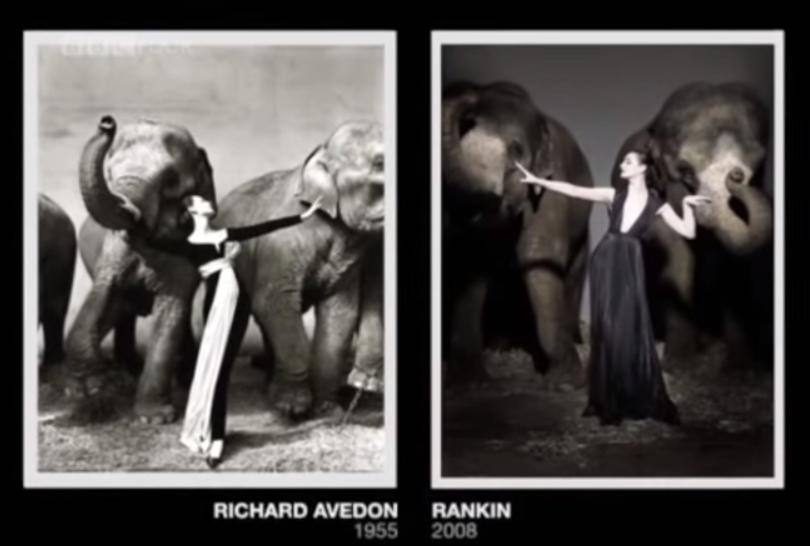|
Dear David, Do you ever have this strange sensation: that January is the most important month of a year but yet is the shortest? I do, I think what we do and how we feel in January define the whole year, our dream, hope, fantasy, expectations and resolutions, we tend to put them all in January, like planting seeds, and yet, it ends before we have time to say: wait, here is another « hope » I forgot to tell you my dear calenda…... It is like eating a 300g chocolate bar. You will tell yourself, it is three times bigger and longer than all those pitiful 100g chocolate bars, you will be able to get much more enjoyment out of it, and then, before you know it, the foil paper is holding nothing anymore. But how can it be? Did I really? Yes, you did really, one night, in bed, with warm fire, soft light and goose down duvet, holding a good book in one hand, and a few tasty chocolate squares in another, you told yourself: just a few more squares, everything is so perfect, just a few more, the night is still young, just a few…... To me, January is just like that, you think you are holding 31 days in your hand, but you never do, January 1 is of course just one such chocolate day, then Jan.5, 11, 12...21…... it seems there is always more reason to celebrate and indulge in this month, as if it were an extra month, a gift of god. And this January, I have squandered in traveling. Just one more small trip, I said to myself, then, just another small trip, just 3 days...then it was February 1, I was still traveling. But the wonderful thing about traveling this time, is I found how much I love reading book through listening… Listening to book has become such a natural habit to me now that I start to forget how wonderful it is to be able to do so. But the non stop travel of January, made me realize that reading a book by listening is my favorite thing in this technology era after Steve Jobs’s iTunes library. It took back all those time we think are born for wasting: Waiting for a plane to take off and land, waiting for security check or checked luggage, waiting for the arrival of a train at the platform, waiting for… all those minutes even hours otherwise defined as “in between” and spent without any guilt or shame or consciousness (or most likely anxiety and nervousness), were saved by a voice reading a book you have wanted to read but have failed to find time. It enhanced reading experience: I have read De Profundis of Oscar Wilde Long time ago, in print form. But listening to it again, narrated by Simon Russell, in a small city in Italy, made it a much more special book to me: i still remuer an early afternoon, it was time for siesta(nap)of the italians, there was nobody on the streets, other than an occasional tradesman or a beggar. It was a small city in Northern Italy, not famous, not touristy, half empty even in the busiest time, and the proof of ongoing crisis was everywhere, the closed shops, restaurants, and the red signs of “for sale” of real estate agencies were everywhere. I was there, walking on those small narrow cobbled streets having being walked on for hundreds of years, now almost abandoned, listening to one of my favorite writers living more than a hundred years away, in disgrace, poverty and prison, expressing his deepest feeling to his undeserving lover Boise in the most sincere and eloquent way, it broke my heart, piece by piece. It made the book stay with me more vividly: It happens all the time, we read, and we forget, then we read more, and we forget more. But I found listening to a book made me remember more and remember better. Léonardo da Vinci thought sight is our most important and precious organ, I agree with him, If i had to choose between losing eyes and ears, i would always choose ears, but listening to Demian of Hermann Hesse narrated by Jeff Woodman at the airport of one city, a restaurant of another, and finishing it in the hotel swimming pool of yet another city, made Demian the boy, Demian the man, Demian the face and the voice organic parts of my travel and an unforgettable part of my memory, together with the name of that airport, the color of menu of that restaurant, and the shape and size of the swimming pool in that hotel. It made me being more conscious of time. Demian, unabridged, 5 hour 46 minutes, De profundis 4 hour 54 minutes. Books used to mean pages, 249 pages, 300 pages, 356 pages, but now, the audible form gives book a different measurement, a different dimension. While reading a good book in print, I almost always get lost in it and loss sense of time. While it is harmless at home or alone, slightly annoying when I need to meet someone at a certain time slot, it can be disastrous while I travel. But now, i synchronise those “ in between moments” of travel with book listening, with the timer set accordingly at 15 minutes, 30 minutes, or 60 minutes, so just as the voice in my ear slowly fade away, the train would slowly glide into a station, or a flight attendant would start to announce it is time to board...at times,the synchronisation worked so perfectly it gave me a strange sensation that the whole universe is in harmony. Some books are written to listen instead of reading. Nothing can compare with holding a book in your hand, between your palms, with your eyes and fingers touching the words, the sentences, every single letter, but I found out now some books are so much more fun and enjoyable to listen to, particularly those with lots of characters and actions, I enjoyed immensely Her Royal spyness written by Rhys Bowen, a writer I have never heard of. I could list many reasons why I like this book: The language in general is melodic in general, except a few times when it is too long winded I want to close my ears. The main Character is funny,witty, at times resourceful and always attracts trouble: the main character Georgiana (Géorgie) is like Rebecca (Becky) of Sophie Kinsella with a royal title, or at times Bertie Wooster of P.G.Wodehouse in a woman form. Plot is smart: The author made Georgiana the 34th in royal line, so it is safe enough not to put her into too many direct contact with real historic events, but at the same time allow her some harmless royal privilege like having tea with the queen or meeting Wallis Simpson in her friend’s boutique. There is a Darcy in it: Since Jane Austen has invented Fitzwilliam Darcy, Mr darcy has seemed to stay in the collective consciousness of women eager for love. Aloof, arrogant even a little bit rude on surface, but soft, sweet and noble in heart. Then Helen Fielding modernised the 19th century nobleman into a 20th century barrister Mark Darcy, giving him different career and different clothes, but essentially the same Prince who will rescue his princess. Rhys Bowen has continued the tradition of Darcy obsession with a twist: she carried him into 21th century, made Darcy the surname into Darcy the first name: a Darcy O’Mara, and made him Irish and roguish, but she kept his devastatingly good looks. But what I enjoyed most about the book, was the narrator’s incredibly talented voice: her name is Katherine Kellgren. The book was well written by itself, but Ms Kellgren’s voice made it alive, she is like a mini theatre of voices: from queen to grandfather to detective to duke, every character has their distinctive mannerism; and the accents: from Irish, Scottish to American English to French to French spoken badly by upper class English young men, and British English spoken by different classes…..she can mimicry all with such easiness, it is unbelievable, and she is American.
In fact, I found the book Her Royal Spyness because of Ms. Kellgren. I was browsing www.audible.com to choose for next read, and I saw her picture on the home page, and learned of her untimely death. And I decided to buy a book narrated by her. So you see, an audiobook is becoming as essential as a dark grey cashmere shawl for traveling in winter. How did you spend your January and how would you define it? Slow February,
0 Comments
Her name is daisy, one of my friend, she was with him,Heinrich Müller, a character in the French tv series un village francais, I asked him: what is the name of the German song he sang, he smiled, and wrote down something, I looked at the small piece of paper, it was the name of a Japanese actress Ryoko Nakano, written in kanji, with mistakes… and I woke up. It is funny how one dreams and what one dreams about. In season 3 episode 10 of un village francais, at 32:45 minute: the head of German intelligence service(SD) Heinrich Müller(who was going to be sent to Russia unless he finds and arrest the communist member Marcel Larcher , the brother-in-law of his lover Hortense Larcher), was standing over a commode, a sadness filled the room, then a song, a German song started to play on the radio, without turning around, Heinrich said to Hortense: -c’est ma chanson préférée (This is my favorite song). Der treue Husar. Then he started to translate the song from German to French for her: Il était une fois un hussard fidèle, Qui aima sa belle une année entière, (There was once a faithful soldier, Who loved a young girl for an entire year) Hortense looked at her lover, tears in her eyes, she knew where her brother in law would be. Should she betray her husband for her lover? And when she did, Heinrich turned around, slowly smiled, then continued to sing again, in German… 10 minute later, Hortense, lying in bed, the same song was still playing , she was humming the melody, the camera slowly moved toward her face, a woman who betrayed to be faithful for love… For days afterward, the melody stayed with me. At all strange moments it would come back…. It was an old German song, written in 19th century and became a carnival song since 1920´s. Der treue Husar (1825) Es war einmal ein treuer Husar, Der liebt' sein Mädchen ein ganzes Jahr, Ein ganzes Jahr und noch viel mehr, Die Liebe nahm kein Ende mehr. Der Knab' der fuhr ins fremde Land, Derweil ward ihm sein Mädchen krank, Sie ward so krank bis auf den Tod, Drei Tag, drei Nacht sprach sie kein Wort. Und als der Knab' die Botschaft kriegt, Daß sein Herzlieb am Sterben liegt, Verließ er gleich sein Hab und Gut, Wollt seh'n, was sein Herzliebchen tut. Ach Mutter bring' geschwind ein Licht, Mein Liebchen stirbt, ich seh' es nicht, Das war fürwahr ein treuer Husar, Der liebt' sein Mädchen ein ganzes Jahr. Und als er zum Herzliebchen kam, Ganz leise gab sie ihm die Hand, Die ganze Hand und noch viel mehr, Die Liebe nahm kein Ende mehr. "Grüß Gott, grüß Gott, Herzliebste mein! Was machst du hier im Bett allein?" "Hab dank, hab Dank, mein treuer Knab'! Mit mir wird's heißen bald: ins Grab!" "Grüß Gott, grüß Gott, mein feiner Knab. Mit mir wills gehen ins kühle Grab. "Ach nein, ach nein, mein liebes Kind, Dieweil wir so Verliebte sind." "Ach nein, ach nein, nicht so geschwind, Dieweil wir zwei Verliebte sind; Ach nein, ach nein, Herzliebste mein, Die Lieb und Treu muß länger sein. Er nahm sie gleich in seinen Arm, Da war sie kalt und nimmer warm; "Geschwind, geschwind bringt mir ein Licht! Sonst stirbt mein Schatz, daß's niemand sicht. Und als das Mägdlein gestorben war, Da legt er's auf die Totenbahr. Wo krieg ich nun sechs junge Knab'n, Die mein Herzlieb zu Grabe trag'n? Wo kriegen wir sechs Träger her? Sechs Bauernbuben die sind so schwer. Sechs brave Husaren müssen es sein, Die tragen mein Herzliebchen heim. Jetzt muß ich tragen ein schwarzes Kleid, Das ist für mich ein großes Leid, Ein großes Leid und noch viel mehr, Die Trauer nimmt kein Ende mehr. Kristiane Kubrick sang Der Treue Husar in the film Paths of Glory (1953) of her husband Stanley Kubrick in front of French soldiers who were going to be sent away to war fields. French Translation LE HUSSARD FIDÈLE Il était une fois un hussard fidèle, Qui aima sa belle une année entière, Une année entière et plus encore ; enfin, L'amour n'a plus de fin. Le gars partit ailleurs Sa belle tombe malade du cœur, Tellement malade qu'elle se meurt, Trois jours, trois nuits, dans les douleurs. Quand le gars apprend la nouvelle, Qu'à la mort, se trouve sa belle Il quitte sur le champ son destin ; Il veut voir, ce que sa belle devient. Ah mère apporte vite une lumière, Mon amour se meurt, je ne vois guère, C'était vraiment un hussard fidèle, Qui d'une année entière aimait sa belle. Quand il arriva chez elle, Elle lui donna une douce main, Une main entière et encore plus d'elle, L'amour n'a plus de fin. « Sacredieu, sacredieu, ma bien aimée ! Que fais-tu dans le lit toute seule ? » « Dieu merci, Dieu merci, mon gars fidèle ! Rejoins-moi bien vite : sous la feuillée ! » « Sacredieu, sacredieu, mon beau ! Veux-tu venir dans mon froid tombeau. « Ah non, ah non, ma chère enfant, Car nous sommes amoureux, vraiment. » « Ah non, ah non, pas si vite, Car nous sommes deux amoureux ; Ah non, ah non, ma très chère, Amour et foi se tiennent à deux. Il la prit à l'instant dans ses bras, Elle était froide comme la pierre « Vite, apportez vite une lumière ! Mon trésor meurt sans que personne ne le voit. Et comme la jeune fille était morte, Il la met là sur le lit des mortes Où vais-je trouver six jeunes costauds, Qui porteront ma chérie au tombeau English Translation _(-translated from French version) The faithful Hussar There was once a faithful hussar, Who loved his beautiful girl for an entire year, One entire year and then more; finally, Love does not end anymore. The young boy went to foreign land His girl became heartsick, She was so ill she was dying, Three days, three nights, in full pain. When the young boy learns of the news That his beautiful girl is dying He leaves his destiny right away; He wants to know how his girl is. **(translation note: I do not know why here the tense becomes from past to present)** Oh Mother bring a light quickly, My love is duing, and I can bearly see her, This was really a faithful soldier, Who for an entire year loved his girl. When he arrived at her home, She gave him a tender hand, A whole hand and then more of her, Love does not end anymore. “Holy God, holy god, my beloved one! What are you doing in the bed all alone?” “Thank God, thank god, my faithful boy! Join me soon:under the leaves!” “Holy God, holy god, my man! Do you want to come to my cold tomb?” “Oh no, oh no, my dear child, Because we are in love, truely” “Oh no, oh no, not so fast, Because we are two lovers; Oh no, oh no, my very dearest, Love and faith are two different things.” He took her in his arms immidiately, She was as cold as the stone “Quick, bring quickly a light! My treasure is dead without anyone seeing her” And since the young girl was dead, He put her on a deathbed Where can I find six strong young boys, Who will carry my darling to her tomb. **(translation note: the dialogue part was a little bit confusing: firstly I was not sure if the girl was dead when the boy arrived and all dialogue is an imaginary dialogue, secondly the part when the boy talks, it does not seem like some one really in love, but perhaps because his philosophy of love differes from that of Romeo and Juliet, that one does not join the loved one to tomb as soon as possible.)** The song was also adapted by French singer Francis Lemarque in 1957, and renamed as Marjolaine with different lyrics. But I like LE HUSSARD FIDÈLE better. Lyrics for Marjolaine Un inconnu et sa guitare Dans une rue pleine de brouillard Chantait, chantait une chanson Que répétaient deux autres compagnons Marjolaine, toi si jolie Marjolaine, le printemps fleurit Marjolaine, j'étais soldat Mais aujourd'hui Je reviens près de toi Tu m'avais dit : "Je t'attendrai" Je t'avais dit: "Je reviendrai" J'étais parti encore enfant Suis revenu un homme maintenant Marjolaine, toi si jolie Marjolaine, je n'ai pas menti Marjolaine, j'étais soldat Mais aujourd'hui Je reviens près de toi J'étais parti pour dix années Mais dix années ont tout changé Rien n'est pareil et dans ta rue A part le ciel, je n'ai rien reconnu Marjolaine, toi si jolie Marjolaine, le printemps s'enfuit Marjolaine, je sais trop bien Qu'amour perdu Plus jamais ne revient Un inconnu et sa guitare Ont disparu dans le brouillard Et avec lui ses compagnons Sont repartis, emportant leur chanson Marjolaine, toi si jolie Marjolaine, le printemps fleurit Marjolaine, j'étais soldat I think that was how I felt about the melody of this song, hunting and melancolic and beautiful: I would have really like to know its name
1955, Paris France. The model was Dovima, an American girl named Dorothy Virginia Margaret Juba who took the first two letters from her three names and transformed herself into an unforgetable being. She was wearing Christian Dior designed by Yves Saint Laurent. Richard Avedon was 32, he was working for Bazar, his aesthetics was still more acadamic than avant garde, and for the first time he moved his model outdoor like the impressionist painters did in 19th century, thus changed the history of photography.  2011, Beijing, China. Her name is Fan binging, the most famous actress in China, you can not see she is not beautiful, she is. But the picture? No. The triangular composition is not bad, but it is the only good thing about the picture. The photographer Chen Man gave Miss Fan a G.I. Jane bold hair style, and make her dress like striptease, both evoking Demi Moore the warrior. There are two versions as to what Richard Avedon wanted to express in his dovima and elephants photo: beauty and beast, or sadness of aging-through Dovima’s smooth hand over the elegant’s wrinkled bodies. But whatever it is, he has done a perfect job, from the composition, texture contrast, model’s gesture and facial expression, the length and silhouette of the dress, the sash, it is something you can look at again and again, and still feel touched by its beauty and simplicity. Chen Man’s photo, however, did not transmit any aesthetic pleasure. It was for the September cover of a man magazine called Mr. Fashion. ¨Did you get inspiration from Dovima and elephants? She was asked. No. She did not like to repeat or copy others. But of course she did. The problem is not that she copied, in the world of art, almost every artist has to or wants to copy before the becomes himself, even the best artist copies. Rafael copied perugino before he became rafael, Michelangelo copied Masaccio before he became Michelangelo. It is the way how she did it. Both French painter Edward Manet and Amercian painter John Singer Sargent copied zealously Diego Velazquez,but they became better Manet and Sargent, while as Pablo Picasso, when he copied his compatriot Velazquez, he destroyed. That was how Chen Man copied Richar Avedon, that is why her photo is so vulgar. 2016, Alberto Alicata an Italian from Palermo, Italy won the Professional Staged Category at the Sony World Photography Awards with his series ‘Iconic B’. B stands for Barbie, and dovima barbie is one of them. Is it Sony, or is it the world that is more and more loosing its judgment over beauty and ugliness¿ It is said elephants have the best memory in the animal world, and I sometimes wonder, what will the elephants photographed with Miss Fan Bingbing remember: the fact that they have been amusingly made up, or their trunk have been used as a chair for someone barely covered.
|
Archives
July 2023
|


